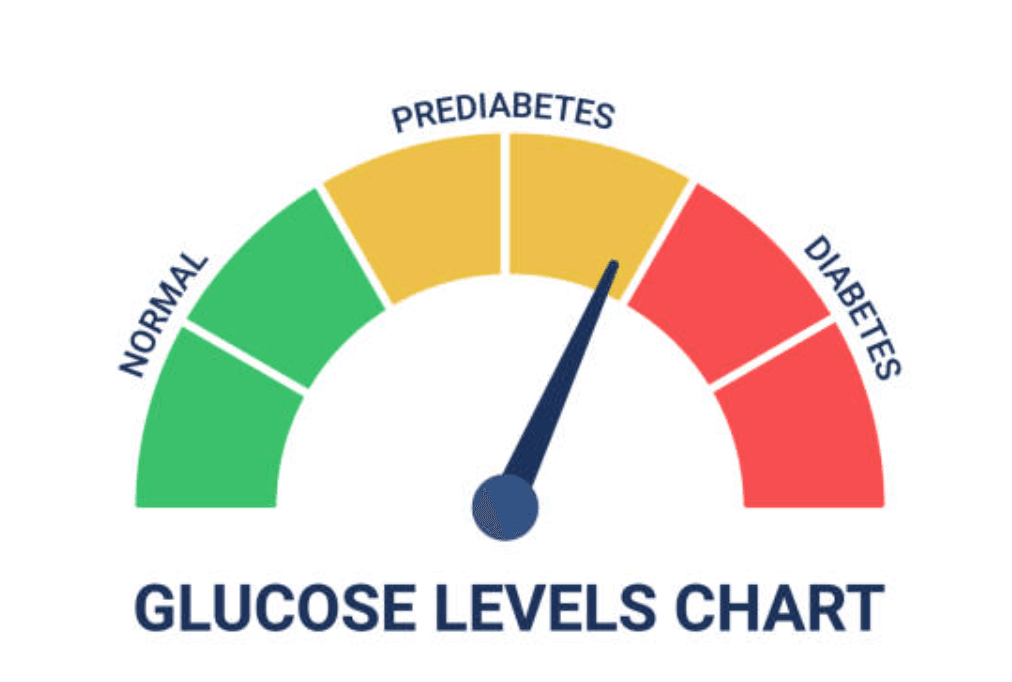15 Foods That LOWER Your Uric Acid Levels
How frequently do you consider the amounts of uric acid in your body? This important byproduct results from the digestion of food, and maintaining its balance is crucial. The kidneys usually filter it, but if not eliminated effectively, high uric acid levels can lead to health issues such as high blood pressure, gout, and irreversible joint damage.
To reduce uric acid levels, certain lifestyle changes are essential. Decreasing sugar, alcohol, and adding healthier food choices can support this goal. Below is a comprehensive look at 15 foods that aid in lowering uric acid levels.
If you want to reduce diabetes risk, protect heart health, and lose weight, apples are a fantastic option. This nutrient-dense fruit incorporates easily into your diet. The malic acid in apples balances excess uric acid in the blood, providing relief for those with high levels.
Made from fermented apple cider, apple cider vinegar is celebrated for its therapeutic qualities. Drinking a glass of water with a few drops of apple cider vinegar two or three times a day reduces uric acid crystal formation between joints.
High in Vitamin C and low in purines, fresh produce without added sugars is ideal for a uric-acid friendly diet. Consuming these decreases blood acidity and offers other health benefits.
Bananas, rich in Vitamin C and low in purines, are perfect for advancing healthy digestion, maintaining heart health, and reducing uric acid levels to prevent gout.
These colorful fruits are loaded with antioxidants and offer serotonin, reducing gout flare-ups through uric acid reduction.
Foods such as avocado, kidney beans, and oats are rich in fiber. They lower blood sugar, reduce cholesterol, and manage inflammation linked to conditions like gout.
Cucumbers, known for their hydrating properties, decrease uric acid in the blood naturally, aiding weight management and detoxification.
Packed with potassium and fiber, celery facilitates rehydration and controls uric acid and has antioxidant benefits,
Foods high in Omega-3, such as fatty fish, alleviate inflammation rapidly and promote overall wellness, beneficial for uric acid control.
Including two tablespoons of low-purine nuts like almonds and walnuts with meals aids in lowering uric acid and managing weight.
Pinto beans, rich in fiber and essential nutrients, regulate uric acid and benefit heart and kidney functions through their folic acid content.
Fruits rich in Vitamin C such as oranges and grapefruit help lower inflammation and provide defense against gout by reducing uric acid levels.
Like lemons, limes are tangy with high Vitamin C content, serving as an effective solvent for uric acid and providing multiple health benefits.
Blueberries, raspberries, and strawberries are not only delightful but are rich in antioxidants that help in naturally lowering uric acid and preventing its resurgence.
Have these foods influenced your health and uric acid levels? Consider sharing your experiences or commenting below.
From Around The Web
Wellness Inbox is a blog & weekly newsletter that curates trending news and products related to health and wellness from around the web. We also gather content from various sources, including leading health professionals, and deliver it directly to you.
Please note that we may receive compensation if you purchase any products featured in our newsletter. Wellness Inbox is not affiliated with, nor does it endorse, any health professionals whose content may appear in our newsletter. The information provided is for general informational purposes only and should not be considered medical advice.
The information provided is not intended to replace professional medical advice, diagnosis, or treatment. All content, including text, graphics, images, and information available is for general informational purposes only. We do not guarantee the accuracy or completeness of any information presented and assume no liability for any errors or omissions. The content is subject to change without notice. We encourage you to verify any information with other reliable sources and consult your physician regarding any medical conditions or treatments.







